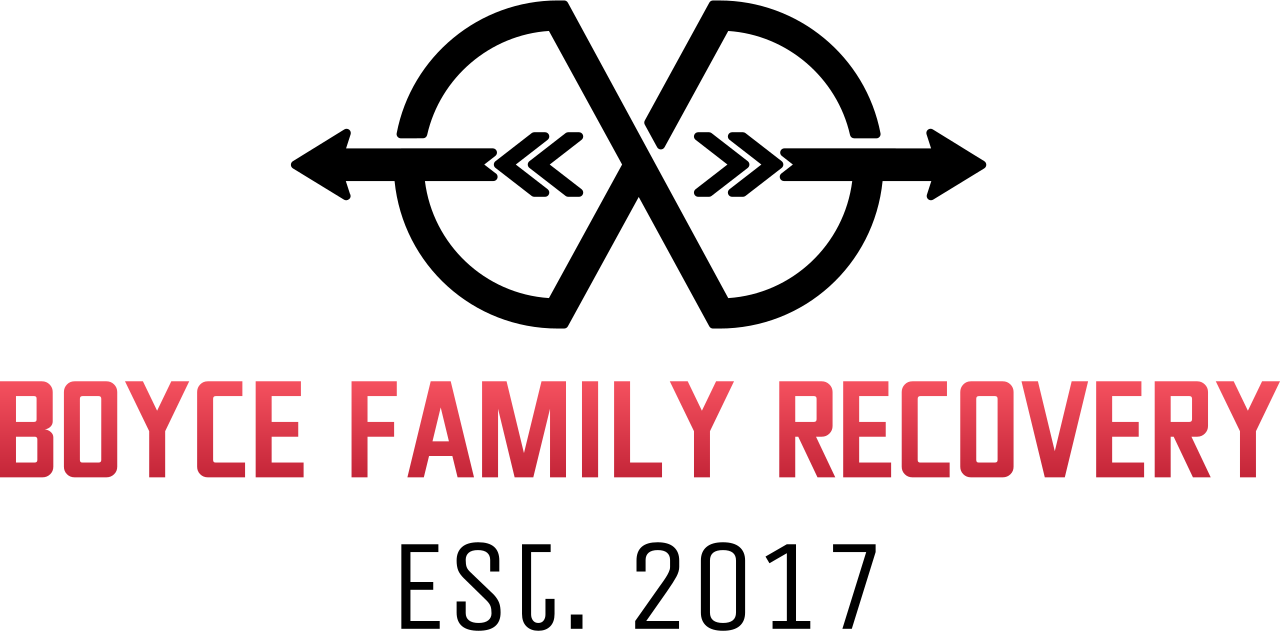The Collaborative Power of Life Coaching in Mental Health and Recovery
In today’s complex mental health and recovery landscape, no single provider can meet all the needs of an individual in crisis or transition. True healing and progress often require a collaborative team approach, where each professional brings their unique expertise to the table. One powerful, yet often underutilized, ally in this equation is the life coach.
Life coaching is not a replacement for clinical therapy or psychiatric care. Instead, it functions as a bridge between treatment and daily life—helping individuals apply what they’ve learned in therapy, navigate real-world challenges, and maintain forward momentum. When integrated thoughtfully, life coaching can be a vital asset to therapists, psychologists, psychiatrists, treatment centers, and sober living programs.
Here’s how life coaching supports and enhances the work of clinical professionals:
🔄 Continued Support Between Sessions
Therapists and psychiatrists often meet with clients once a week (or less). Life coaches can fill the space in between by providing consistent accountability, motivation, and support. This ongoing presence helps clients stay focused on goals, reduce impulsive behaviors, and avoid backsliding.
🧭 Practical Implementation of Therapeutic Goals
Where therapy may focus on emotional healing and insight, life coaching focuses on action. Coaches help clients turn therapeutic breakthroughs into structured, attainable goals: building routines, practicing coping strategies, setting boundaries, finding employment, and strengthening independence. This real-world application reinforces what’s being done in the therapy room.
🤝 Collaboration, Not Competition
Life coaches work alongside—not in competition with—mental health providers. In fact, a skilled coach knows when to defer to the clinician for trauma work, diagnosis, or medication management. With proper communication and ethical guidelines, coaches and therapists can collaborate seamlessly to provide wraparound support.
🧠 Supporting Executive Functioning and “Failure to Launch” Challenges
Many young adults struggle with executive functioning, time management, and lack of motivation. Life coaches are uniquely positioned to help clients structure their lives, develop accountability, and overcome “failure to launch” dynamics—all while staying aligned with the clinical treatment plan.
🧩 Enhancing Treatment Center & Sober Living Outcomes
Treatment centers and sober living homes provide a strong foundation for recovery—but the transition back to daily life can be jarring. Life coaching supports this process by helping clients build autonomy, reconnect with community, reenter school or work, and handle real-life stressors without derailing their recovery.
🏘️ A Village of Care
At Boyce Family Recovery Solutions, we believe that lasting change requires a village. Our life coaches work closely with referring clinicians, sober living programs, and treatment providers to ensure that every client is supported holistically—emotionally, mentally, socially, and practically. This collaborative model not only improves outcomes for clients, but also relieves pressure on overburdened providers.
💬 Let’s Work Together
If you’re a therapist, psychologist, psychiatrist, or director of a treatment or sober living program—we’d love to connect. Together, we can create a cohesive, client-centered care plan that empowers individuals to thrive.
Visit us at www.boycefamilyrecovery.com
📞 Call: (903) 495-3520
📍 Serving Collin County and surrounding counties (Grayson, Denton, Dallas)
Because healing doesn’t end in the office—it continues in everyday life. And that’s where life coaching shines.

